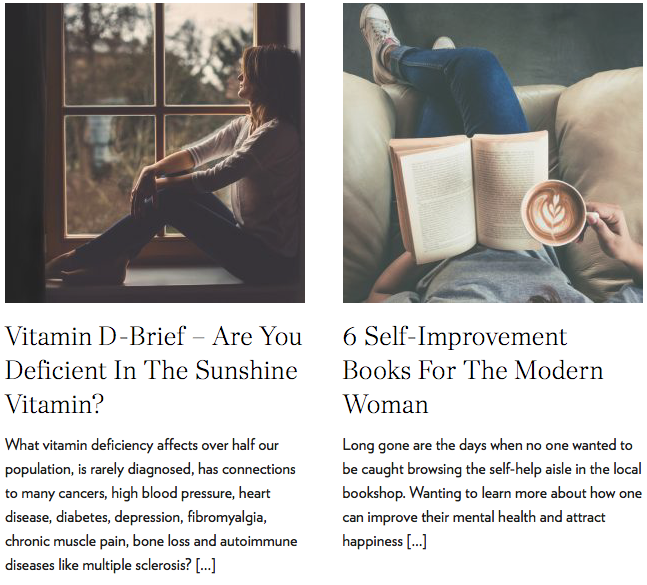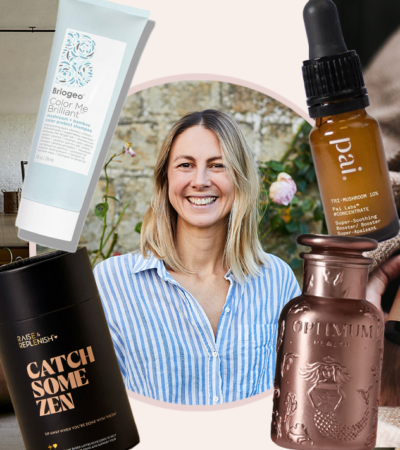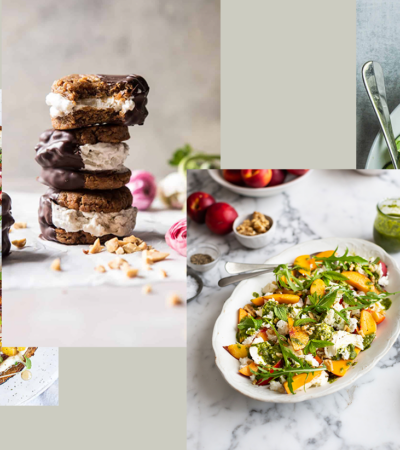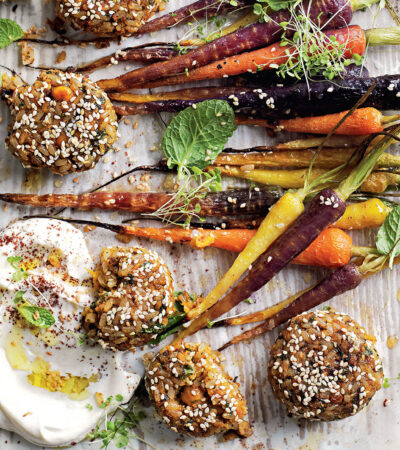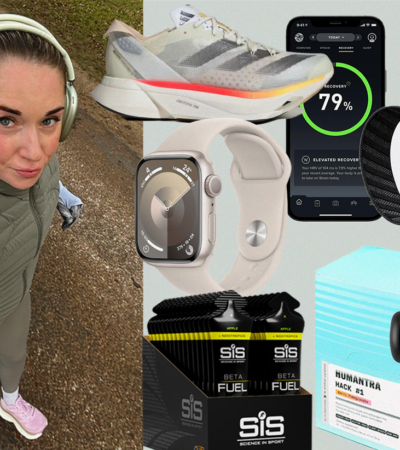Anxiety… It’s one of the most common mental health disorders in our society today. Being still in the early days of the New Year, there’s often huge pressures to make ‘this year the best yet’, ‘the most successful’ and an absolute win. Often the pressure to make big changes and achieve life goals can become too much and can contribute to anxiety issues which may or may not already be present. Nutritionist, Jenna Hope, sheds light on the link between what we eat and how that affects our mental state, plus how we can help lessen the symptoms of anxiety.
Anxiety is very much a mental health issue and one which we, as a society, are getting better at talking about. As I’m no a psychotherapist my role is to share my knowledge of how we can help to manage anxiety through our diet. I’m not suggesting that diet alone will cure or prevent anxiety, as often the causes are multifactorial. However, below are my top 5 tips on how you can use nutrition as a powerful tool to help reduce anxiety.
Reduce your coffee – if you’re susceptible to anxiety then you may find that your coffee intake is significantly enhancing your symptoms. Research has shown that those who are susceptible to anxiety are also more sensitive to caffeine. I recommend reducing your coffee intake to one a day or swapping coffee for matcha. Matcha contains a compound called L-theanine which generates a calming effect on the brain. Whilst matcha can provide you with an energy boost – it’s much more gradual, meaning you don’t get the extreme highs and lows which are associated with habitual coffee drinking.
Look after your gut – yes, this comes up in so many topics associated with nutrition but it’s amazing the role the gut plays on your overall health. The gut-brain axis is one which many scientists are still exploring. However, what we do understand is that stress and anxiety can significantly affect gut health. Opt for prebiotic and probiotic foods including onions, apples, bananas, garlic, fermented vegetables, yoghurt and kefir to help restore good gut bacteria.
Magnesium – Magnesium is often forgotten about but it plays such a key role in over 300 physiological processes. Research has shown a correlation between low magnesium status and an increased risk of anxiety. Opt for foods such as green leafy vegetables, almonds/ almond butter, beans, dark chocolate, banana and avocados to ensure you’re getting enough magnesium in the diet. For more information see my post on magnesium.
B-vitamins – b-vitamins play a role in cognitive function and more specifically in the development of neurotransmitters (which are responsible for sending messages from the brain around the body). They’re also essential in brain energy metabolism and ensuring adequate blood supply to the brain. As a result, some researchers have suggested that deficiencies in B-vitamins may affect the risk of mental health decline. Foods rich in B-vitamins include quinoa, buckwheat, fish, green leafy vegetables, nuts and seeds.
Alcohol – alcohol can alter chemicals in the brain which can contribute to anxiety. It creates a significant imbalance in serotonin which is responsible for stabilising mood. It’s very common to turn to alcohol in social situations to help reduce anxiety, however, these effects only last for a short period of time. The more you use alcohol to subside your anxiety the higher your tolerance becomes, which increases the risk for alcohol dependence in social situations.
words by Jenna Hope – jennahopenutrition.com
MORE ARTICLES YOU MIGHT LOVE…



